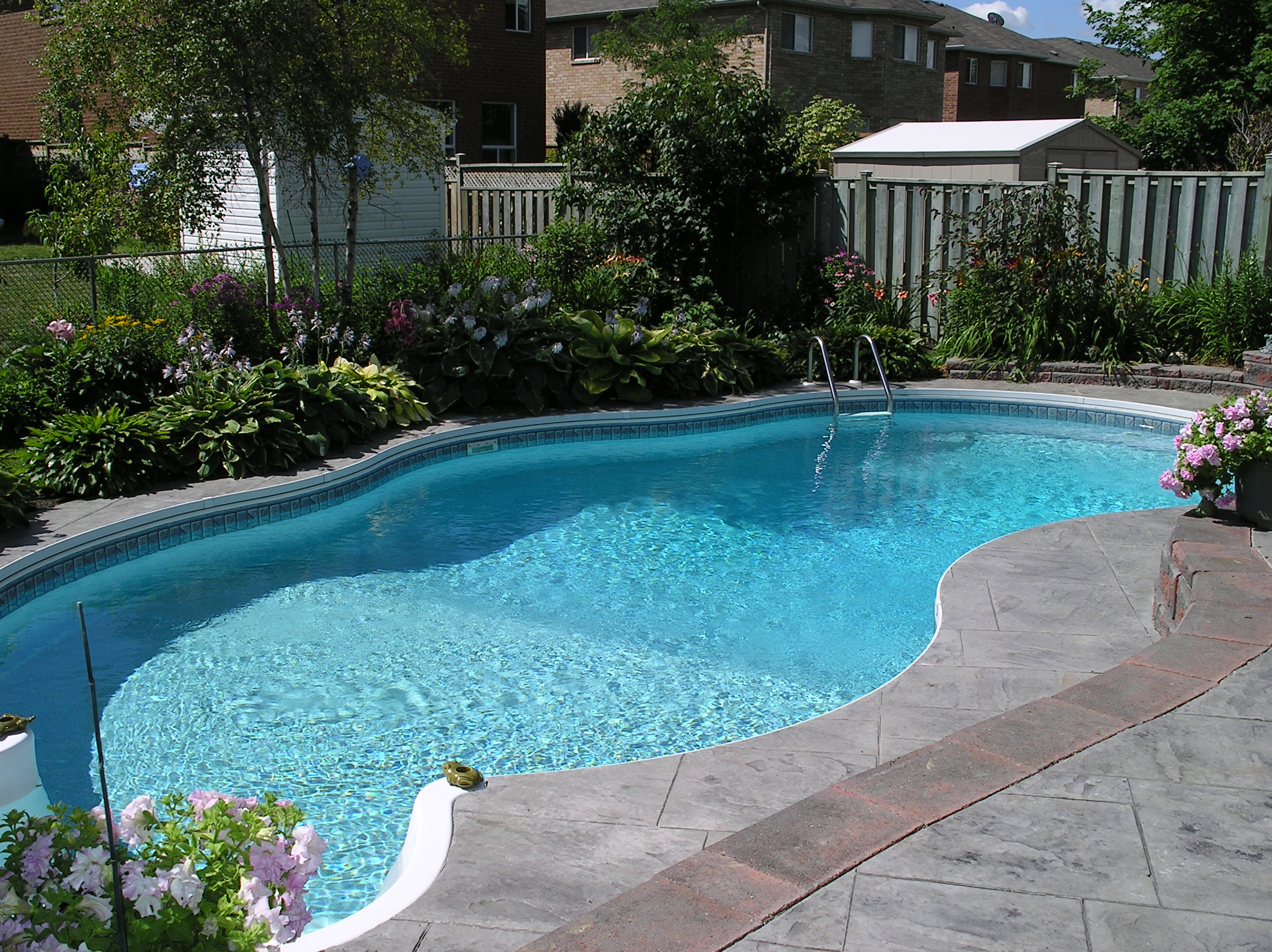Swimming pools can provide hours of fun and relaxation during hot summer days, but what happens when someone suffers a swimming pool injury? All pool owners, whether it is a commercial or privately-owned pool, may face liability when someone is injured in their pool. There are several factors that must be considered, however, to determine if the pool owner is at fault.
Premises Liability Rules
Premises liability applies because the pool is considered part of the property where it is located. Although rules vary from state-to-state regarding who may be liable in a premises liability claim, it is universally agreed that there are three basic types of entrants on property, all with varying degrees of care required by the property owner. Although the level of care may vary, a pool owner has a duty to make sure the pool is reasonably safe.
- If the pool is public, even if there is no entrance fee, entrants are considered invitees. The pool owner must take reasonable care to be sure the pool is well-maintained and repaired to avoid injury.
- Guests invited to your personal pool are considered licensees and pool owners have a duty to warn them of dangers that may not be obvious, such as shallow water or a pool deck that may get slippery when wet.
- A trespasser is an uninvited guest and there is virtually no duty of care to protect them.
What if the Trespasser is a Child?
Pools are considered attractive nuisances under the law which means a pool owner is required to keep small children, who are unaware of the dangers of drowning, protected. Some localities have codes that require pool owners to install fences of a certain height with locked gates to keep small children from accessing the pool. Not all states have an attractive nuisance doctrine, but adding protections to keep children out of pools is highly recommended.
Liability for Swimming Pool Injuries
Most causes of pool injuries are obvious, such as slippery tiles or shallow areas where diving is prohibited. However, if the shallow end of the pool is not obvious or there are obstructions in the pool that cannot be seen above the water, the pool owner has a duty to warn anyone who may be using the pool. You could be required to have emergency safety equipment including life preservers. Ladders must be maintained and public pools may be liable if pool injuries occur when the pool is improperly supervised. If the injury was caused by intentional or negligent behavior. If someone jumps in the pool on top of another swimmer, the person who jumped in could be liable for any injuries caused.
If you are a pool owner or have suffered swimming pool injuries, contact Lundy Law today to learn what rights you may have. You can arrange for a no obligation initial consultation by calling 1-800-Lundy Law or complete the simple form on our website.











